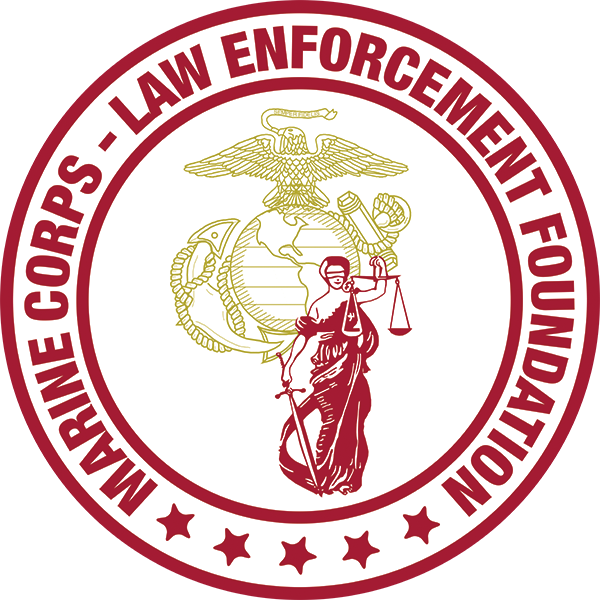What Military Parents Need to Know About Tricare Coverage for Infants and Children
For military parents, as for their civilian counterparts, ensuring their children receive the best medical care is a top priority. But navigating TRICARE dependent coverage — especially when it comes to pediatric care — can sometimes feel overwhelming.
While TRICARE covers many essential services, there are also important exclusions that parents should be aware of — especially when it comes to treatments such as cranial helmet therapy for infants with flat head syndrome. Understanding what TRICARE does and does not cover can help military families plan ahead, avoid unexpected costs, and ensure their children get the care they need.
What Is Tricare?
TRICARE is the health care coverage program for uniformed service members, retirees, and their families, and it offers a broad range of medical benefits. Understanding the specifics of what TRICARE covers and excludes is crucial for beneficiaries to effectively manage their health care needs.
What Pediatric Care Does Tricare Cover?
TRICARE provides extensive coverage for various medical services, emphasizing preventive care and early detection.
Well-Child Care
For children from birth through age five, TRICARE covers well-child care, which includes:
Newborn care (comprehensive infant care services immediately after birth)
Physical examinations (routine history and physical assessments to monitor growth and development)
Mental health assessments (evaluations to identify any early signs of mental health concerns)
Developmental and behavioral appraisals (monitoring milestones and behavioral development)
Height, weight, and head circumference measurements
Sensory screenings (vision and hearing screenings)
Dental screenings
Immunizations
Tuberculin testing
General Coverage
Beyond pediatric care, TRICARE covers services and supplies that are medically or psychologically necessary for diagnosing or treating covered illnesses, injuries, pregnancies, or well-child care. This encompasses hospitalizations, outpatient visits, preventive services, mental health care, prescriptions, and more.
What Pediatric Care Is Not Covered?
While TRICARE's coverage is extensive, certain services and supplies are excluded, particularly those not deemed medically or psychologically necessary. Understanding these exclusions helps beneficiaries anticipate potential out-of-pocket expenses.
General Exclusions
TRICARE excludes services and supplies that are not considered medically or psychologically necessary for the diagnosis or treatment of a covered illness (including mental disorders), injury, or for the diagnosis and treatment of pregnancy or well-child care.
Alternative treatments. Services such as acupuncture, naturopathy, and hypnotherapy are not covered.
Cosmetic procedures. Surgeries or treatments aimed at enhancing appearance without medical necessity are excluded.
Experimental procedures. Treatments that are not yet proven safe or effective, or are not widely accepted in the medical community, are not covered.
Nonprescription drugs. Over-the-counter medications without a doctor's prescription are generally not reimbursed.
Cranial Molding Helmet Therapy
TRICARE's coverage for cranial orthotic devices, commonly known as molding helmets, is limited to specific medical conditions. Specifically, TRICARE covers these devices only for infants aged 3 to 18 months who have undergone surgery for craniosynostosis — a condition where the skull sutures close prematurely — and continue to exhibit skull deformities postoperatively.
This means that for infants with positional plagiocephaly (flat head syndrome) or congenital torticollis, TRICARE does not cover helmet therapy, as these cases are often considered cosmetic rather than medically necessary. Consequently, families seeking helmet therapy for these conditions may need to explore alternative funding options to manage the associated expenses.
Navigating TRICARE Coverage and Exclusions
To maximize TRICARE benefits:
Consult TRICARE resources. Regularly review the official TRICARE website or contact TRICARE representatives for the most current information on covered services and exclusions.
Get prior authorization. For certain procedures or treatments, obtaining prior authorization can clarify coverage and prevent unexpected expenses.
Coordinate with providers. Ensure that health care providers are aware of TRICARE's coverage policies to align treatment plans accordingly.
How the Marine Corps-Law Enforcement Foundation Can Help
The Marine Corps-Law Enforcement Foundation (MC-LEF) assists families of U.S. Marines, Navy Corpsmen, and federal law enforcement officers by covering costs associated with cranial helmets and therapy for infants with asymmetrical head shapes. Recognizing the financial burden of these treatments, MC-LEF provides support to ensure children receive necessary care without imposing financial strain on military families.
Get Helmet Molding Therapy Costs Covered With MC-LEF
Since its inception in 1995, MC-LEF has provided $40,000 in educational accounts and humanitarian assistance to the families of active duty fallen United States Marines, Navy corpsmen, and federal law enforcement agents. We also cover the cost of cranial orthotic helmets for children of active duty Marines or Navy corpsmen. If you're one of those and your baby requires helmet molding therapy, contact us to learn how we can help!
To date, MC-LEF has awarded over $94 million in educational accounts and other humanitarian assistance to over 5,900 recipients.
All MC-LEF officers and board members are volunteers; we have only one paid employee. We pride ourselves on running our organization as cost-effectively as possible so that over 90% of our donor funds can be used to accomplish our mission of educating the children of those who sacrificed all. Please consider donating today!

